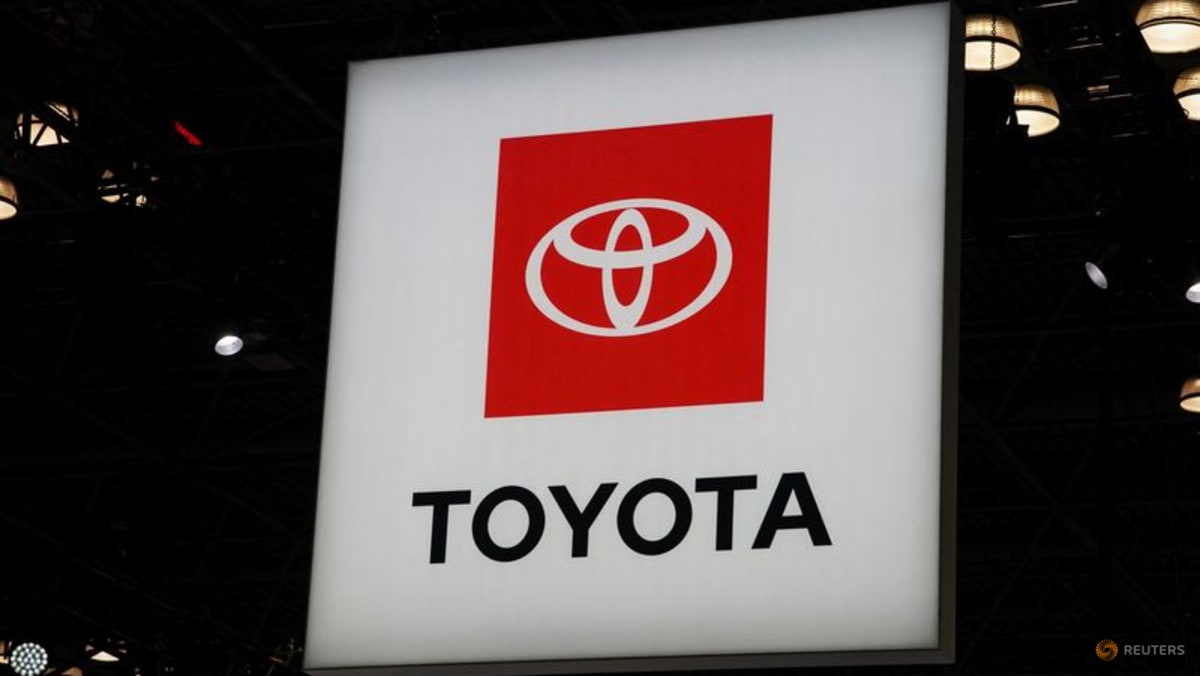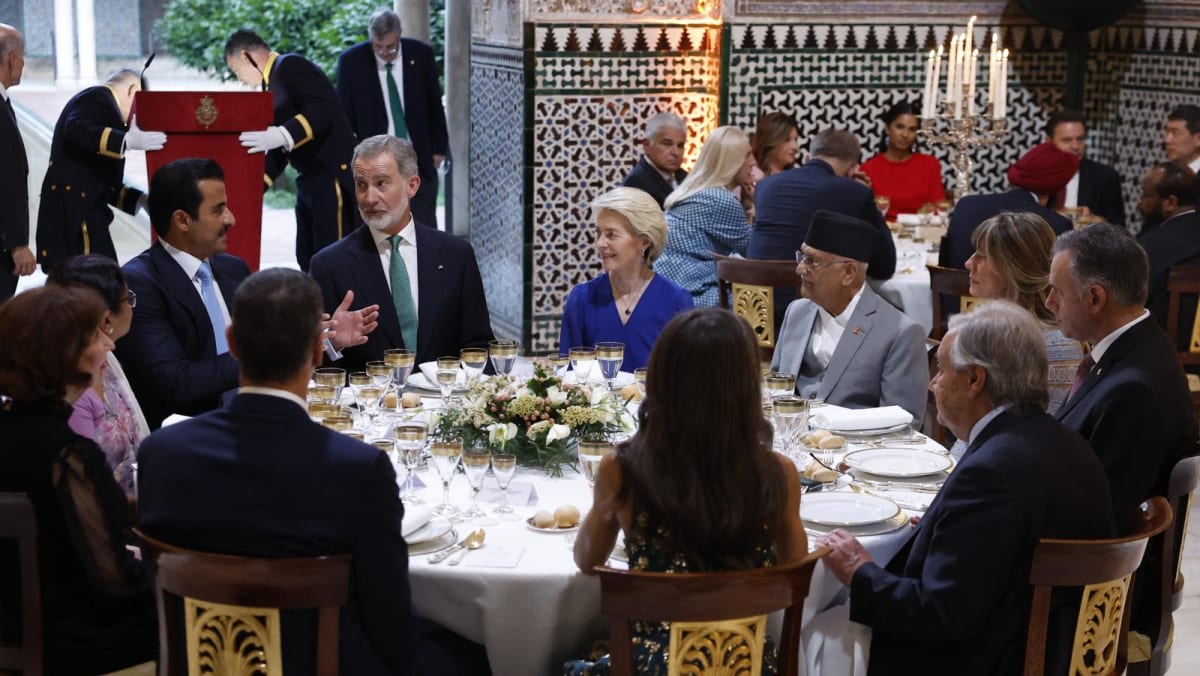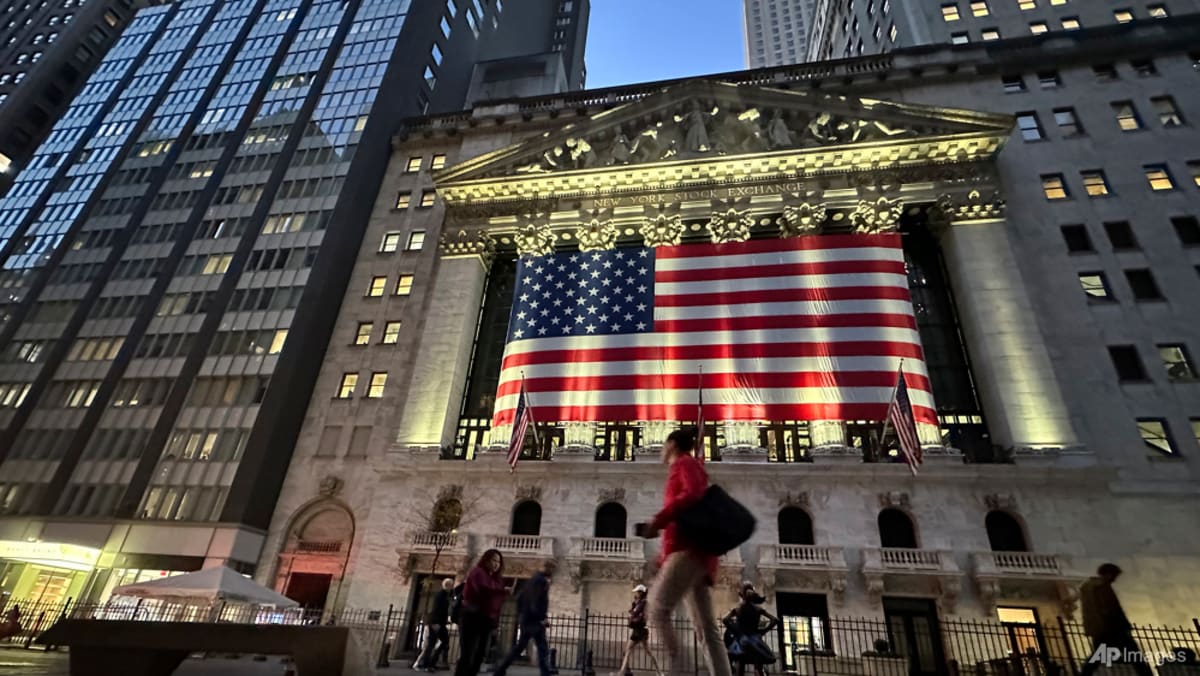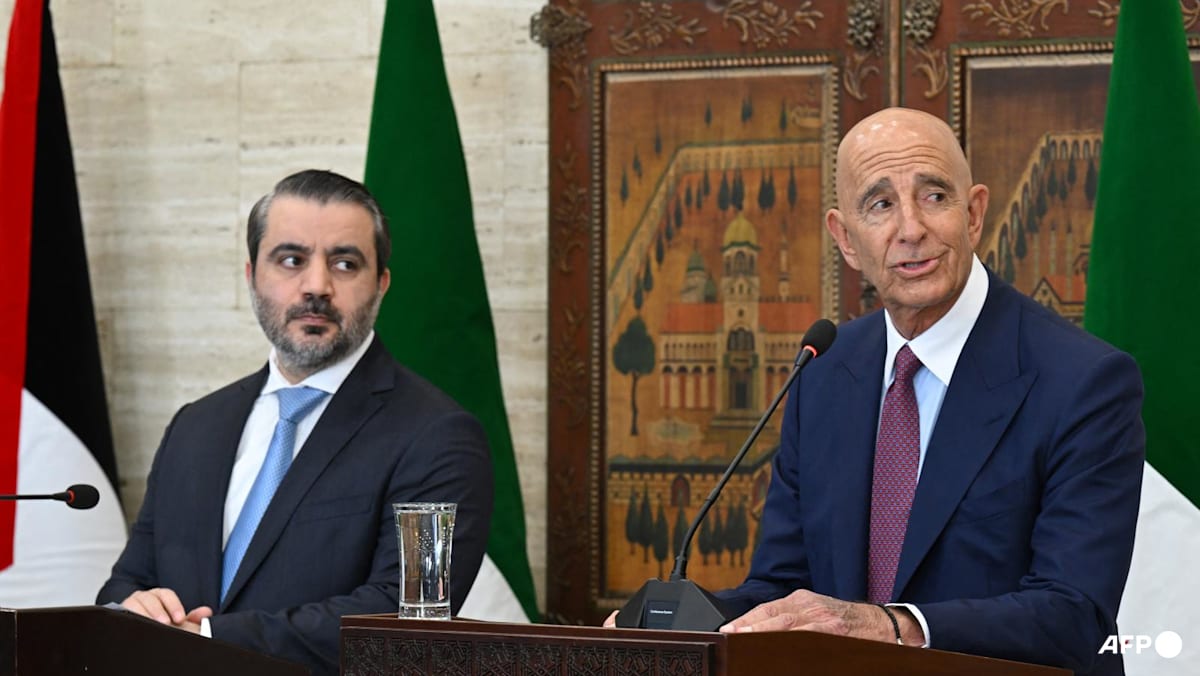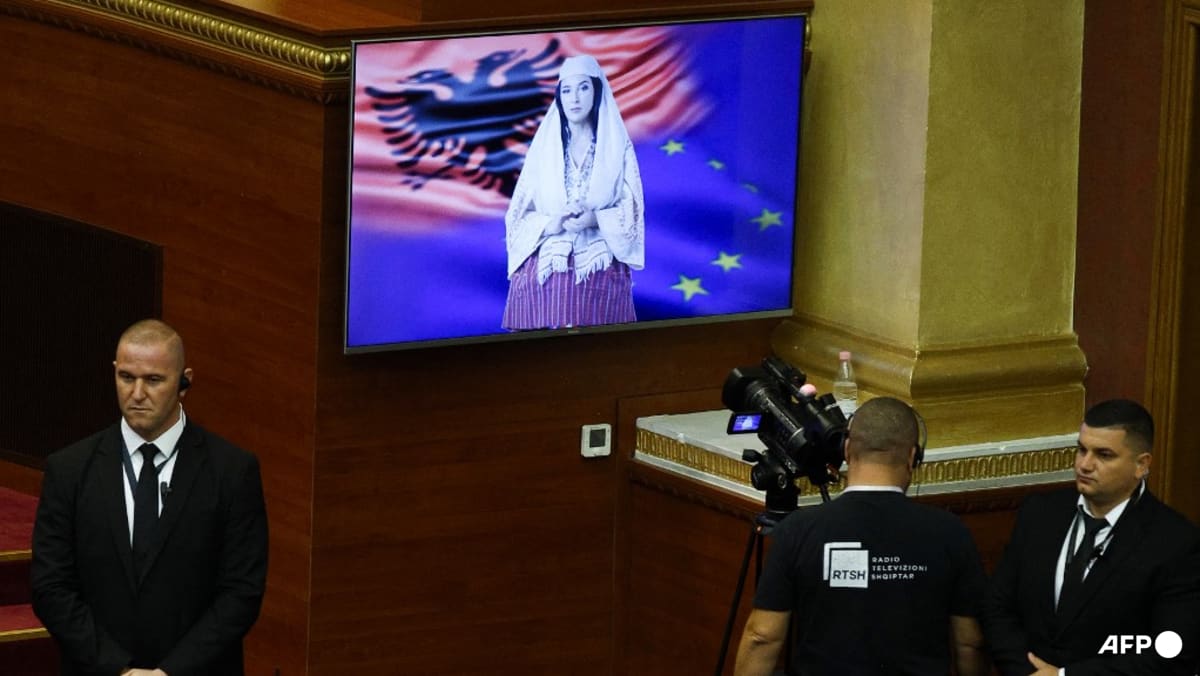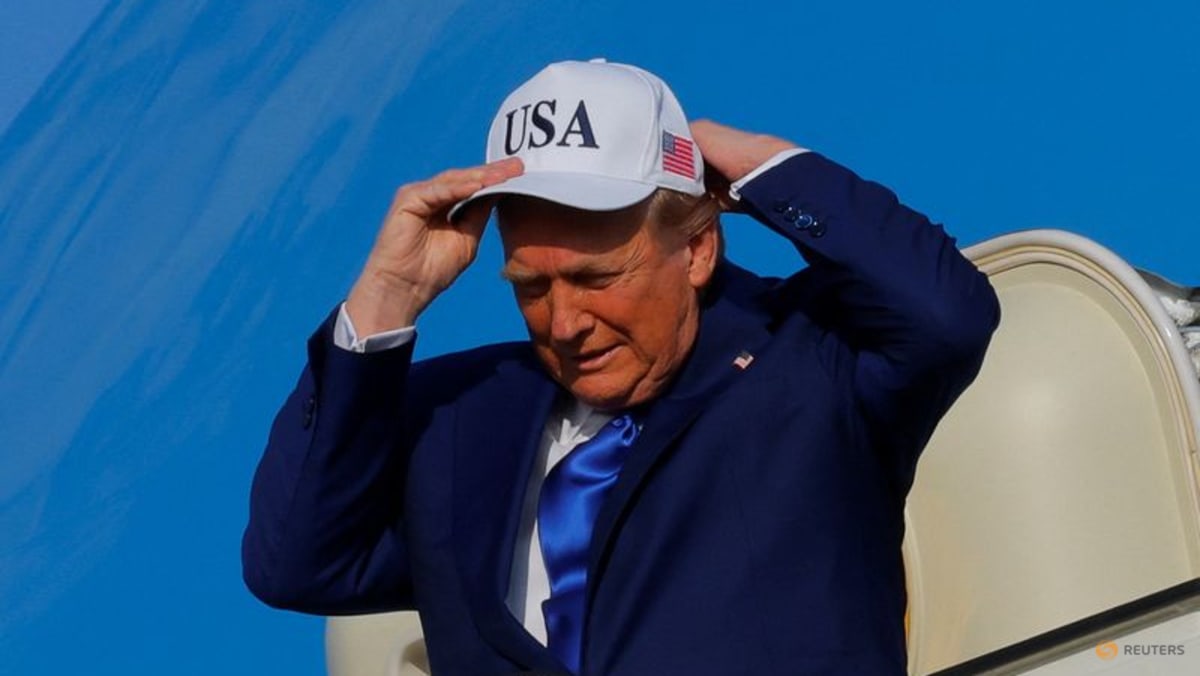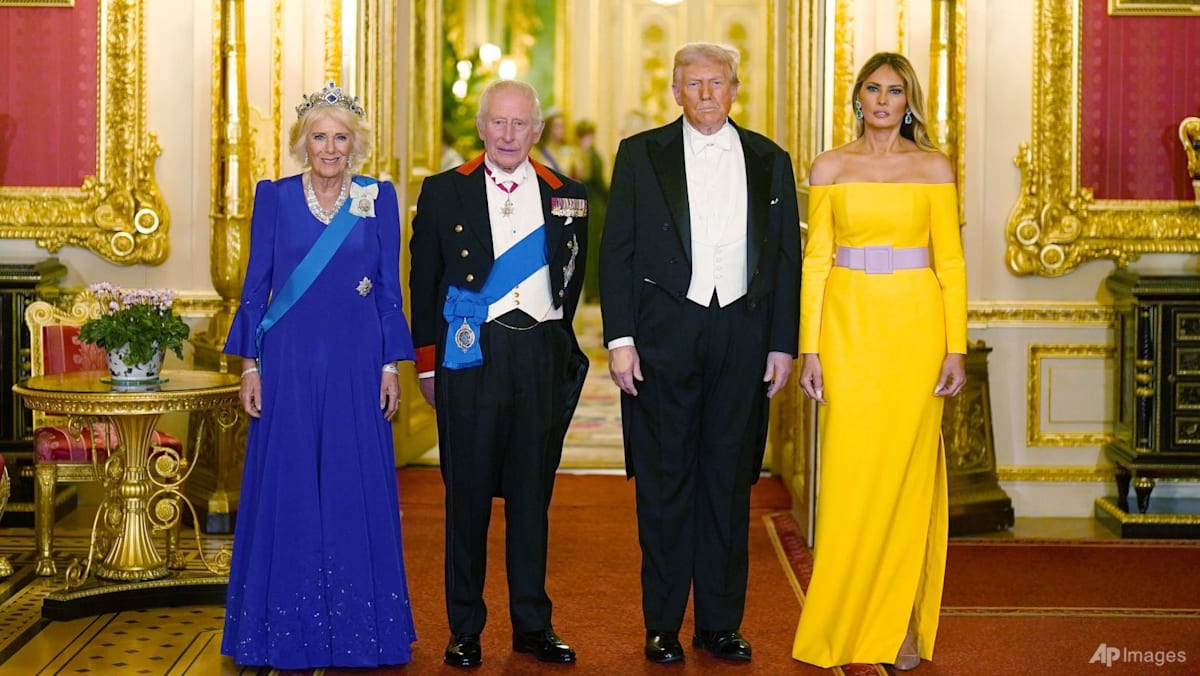International charity Oxfam says the cuts to development aid are the largest since 1960 and the United Nations puts the growing gap in annual development finance at US$4 trillion.
More than 800 million people live on less than US$3 per day, according to the World Bank, with rising extreme poverty affecting sub-Saharan Africa in particular.
Disruption to global trade from Trump’s tariffs and ongoing conflicts in the Middle East and Ukraine have dealt further blows to the diplomatic cohesion necessary for concentrating efforts on helping countries escape poverty.
“GLOBAL DEVELOPMENT FAILING”
Among the key topics up for discussion is reforming international finance to help poorer countries shrug off a growing debt burden that inhibits their capacity to achieve progress in health and education.
The total external debt of the group of least developed countries has more than tripled in 15 years, according to UN data.
A recent report commissioned by the late Pope Francis and coordinated by Nobel laureate economist Joseph Stiglitz says 3.3 billion people live in countries that fork out more on interest payments than on health.
Critics have singled out US-based bulwarks of the post-World War II international financial system, the World Bank and the International Monetary Fund, for reform to improve their representation of the Global South.
Painstaking talks in New York in June produced a common declaration to be adopted in Seville that only went ahead after the United States walked out.
The document reaffirms commitment to the UN development goals such as eliminating poverty and hunger, promoting gender equality, reforming tax systems and international financial institutions.
The text also calls on development banks to triple their lending capacity, urges lenders to ensure predictable finance for essential social spending and for more cooperation against tax evasion.
Coalitions of countries will seek to spearhead initiatives in addition to the so-called “Seville Commitment”, which is not legally binding.
The document shows the world can tackle the financial challenges standing in the way of achieving the development goals “and that multilateralism can still work”, said Chola Milambo, Zambia’s permanent representative to the United Nations.
But campaigners have criticised the text for lacking ambition and have rung alarm bells about rising global inequality.
“Global development is desperately failing because … the interests of a very wealthy few are put over those of everyone else,” said Amitabh Behar, executive director of Oxfam International.

